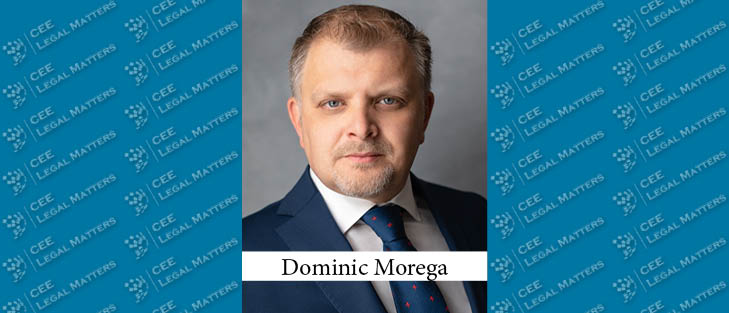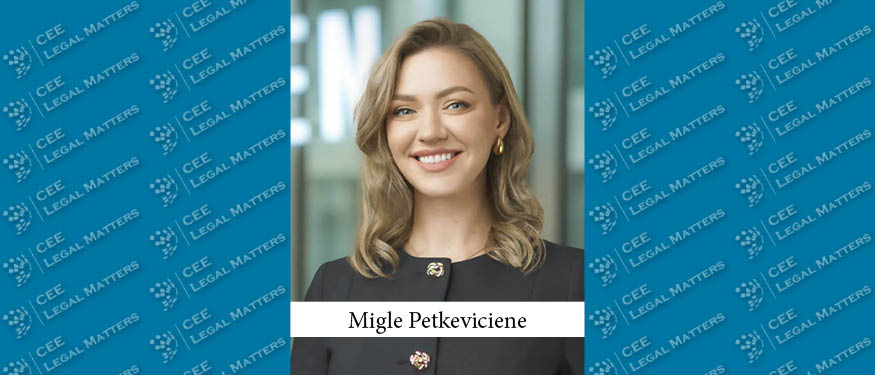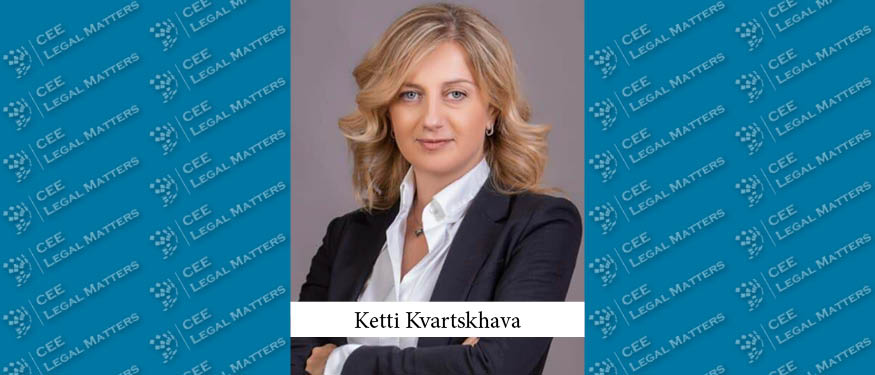With a growing economy but significant structural deficits, Romania’s healthcare system struggles with underfunding, slow approval processes, and high taxes, making access to new therapies a slow and challenging endeavor, according to Tuca Zbarcea & Asociatii Managing Associate and Head of Pharma and Medical Devices Dominic Morega.
"Romania’s healthcare sector, particularly the pharmaceutical and medical devices market, is indeed complex," Morega begins. "While Romania has one of the largest populations in Europe and a growing economy, it also faces significant budget and structural deficits. Healthcare funding, heavily reliant on public resources, remains insufficient to meet the needs of the population." As he explains it, "Romania is among the last in the EU regarding healthcare expenditure per capita or the percentage of GDP allocated to health. Additionally, the approval process for the reimbursement of new medicines is very slow – averaging around 800 days – while pricing and reimbursement policies are quite restrictive." Morega adds that, on top of it all, pharmaceutical companies are also burdened by a high clawback tax, which can range from 15% to 25%, in addition to the other general taxes.
As far as how these challenges impact patients, Morega goes on to say that "restrictive policies and underfunding have a direct impact on patient access to healthcare. Despite some progress, access to innovative therapies and treatments remains a slow and complicated process." According to him, authorities have made some efforts to adopt new regulations and improve access to innovative therapies, "but changes are often incremental and not as bold as the patients and industry need. The healthcare system also needs deeper digitalization and modernization to better serve the population and eliminate funds waste."
Looking ahead, Morega shares his outlook for the future of Romania’s healthcare sector, putting a special focus on the upcoming election cycle. "The upcoming general and presidential elections at the end of this year will significantly shape the policies and direction of the healthcare sector. The government's recent decision to increase pensions, although necessary, and provide benefits to the public sector, places further strain on healthcare financing," he says. "The budget deficit is projected to reach 7% of GDP in 2024, which is substantial. This situation suggests that further tax increases in 2025 and bureaucratic barriers are likely, especially for expensive and new medical treatments," he adds. "As much as I’d like to hope otherwise, unfortunately, I don’t foresee major improvements in funding or policy changes in the near term, as the focus remains on managing the deficit rather than significantly investing in health."
Still, Morega feels that, despite these challenges, the pharmaceutical and medical devices sectors continue to develop nicely "with many international companies maintaining a strong presence in Romania. However, the industry's growth could be tempered by high tax burdens and regulatory constraints." According to him, the hope is that "authorities will begin to see healthcare funding as an investment rather than just a budgetary expense, and implement more strategic spending, improve tax collection, and explore new financing instruments to support the sector."
He concludes by saying that the “life sciences sector, patients' access to necessary therapies and medical services, as well as authorities' reforms are advancing but at a slower pace than a country like Romania would actually allow and deserve. It’s a bittersweet pill which the healthcare system in Romania has yet to take.”

















